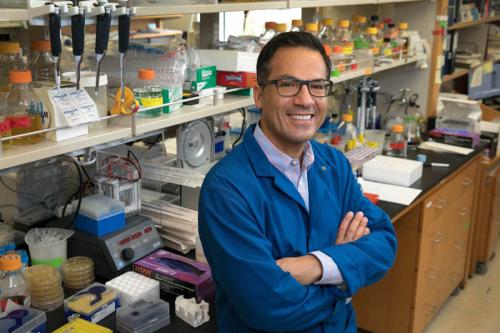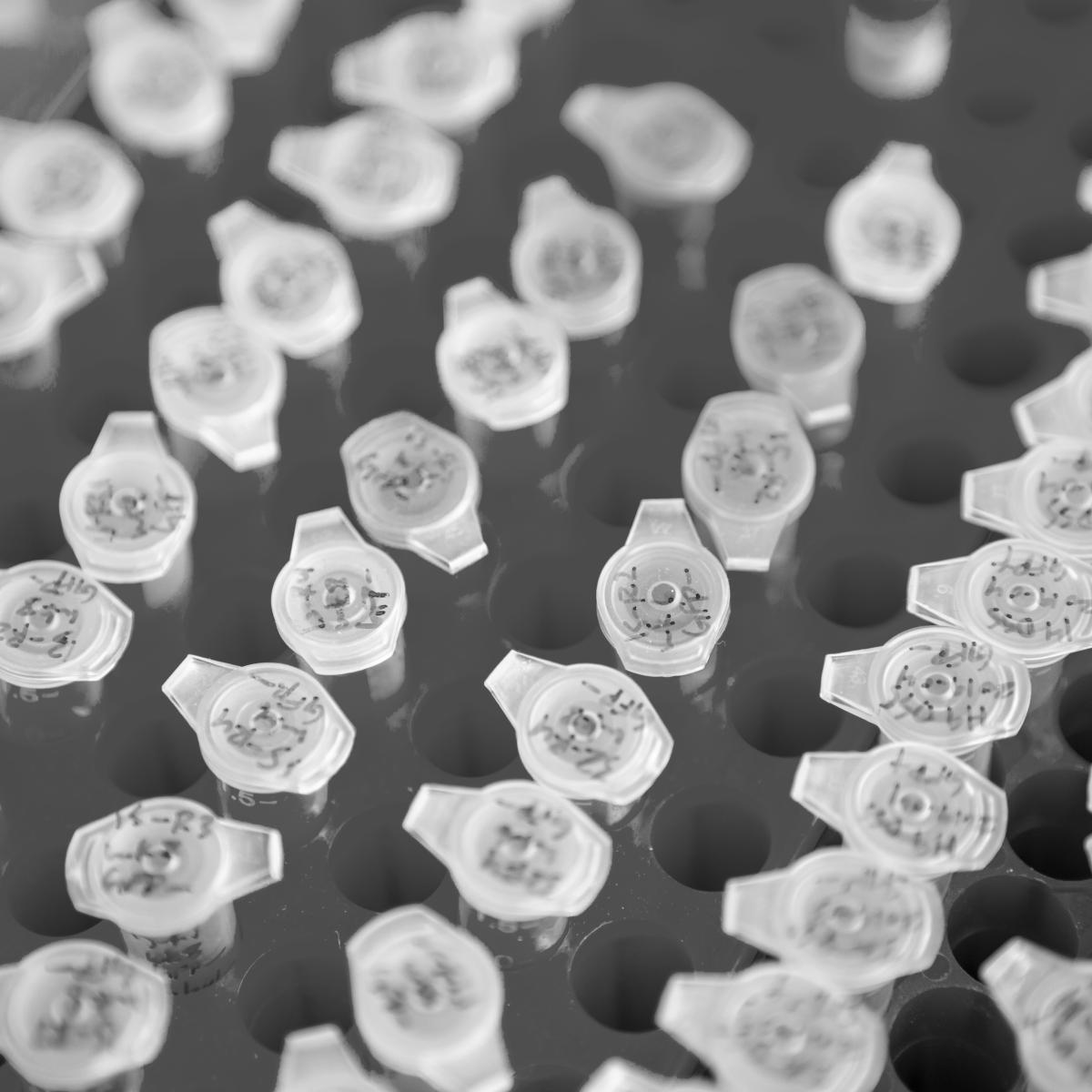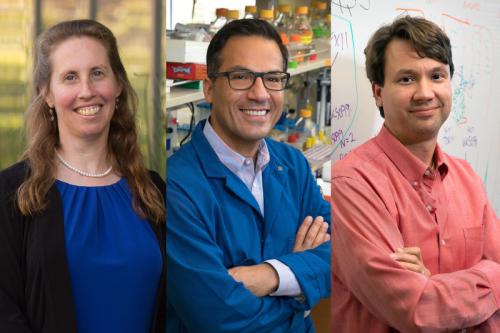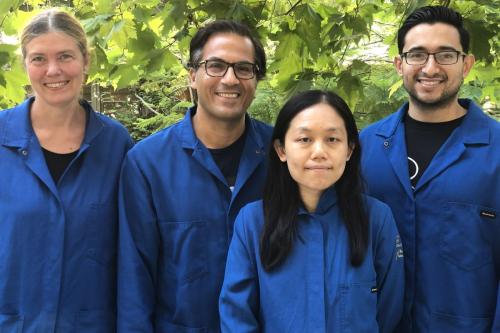
Siavash K. Kurdistani, M.D.
- Associate Director, Technology Development, UCLA Broad Stem Cell Research Center
- Professor and Chair, Biological Chemistry

Siavash K. Kurdistani, M.D., is the associate director of technology development at the UCLA Broad Stem Cell Research Center. In this capacity, he seeks to promote innovation by fostering an environment that drives fundamental discoveries in science. Building on the center’s innovation awards program, he is pursuing new strategies to lower the funding barriers that inhibit scientific risk-taking.
Kurdistani studies the role of histones — proteins around which DNA wraps — in biology and human disease. His ultimate goal is to identify how histone mutations contribute to cancer and neurodevelopmental disorders, which could lead to new avenues for treatment.
Histones were initially assumed to mainly enable the packaging of large amounts of eukaryotic DNA into the confines of the nucleus. Experiments in the 1980s and 1990s revealed that histones also play a role in regulating gene expression and essentially all other DNA-based processes.
Kurdistani discovered that histones also function as enzymes that convert copper ions into a usable form for cells. Since copper is essential for a number of biological functions, including respiration and nutrient metabolism, this finding revealed an entirely novel physiological role for histones, impacting our understanding of an array of diseases, including cancer, mitochondrial conditions and neurodegenerative diseases. This work also has important implications for understanding the evolution of life in the presence of oxygen.
He seeks to build on these findings by investigating the effects of cancer-causing histone mutations on enzyme activity. Kurdistani is also working to identify and develop small molecule inhibitors of histone enzyme activity to establish proof-of principle therapeutic approaches that specifically thwart the toxicity of copper in its reduced form.
Kurdistani’s earlier research into histone modifications yielded discoveries linking epigenetic alterations with cancer patient outcomes and pinpointing an unconventional function of histone acetylation in regulating intracellular pH. He also uncovered an evolutionary trend where histones develop sequence features that allow greater compaction of genomes that are disproportionately too large for the nuclear volume. Kurdistani also identified a specific histone acetylation site as a pivotal target for oncogenic transformation by viral oncogenes.
Research Projects
- Investigating how histone mutations contribute to human cancer and neurodevelopmental disorders
- Identifying the genes and pathways that integrate the enzymatic activity of histones with cellular copper homeostasis
- Pinpointing the molecular processes that govern the optimal levels of genome compaction and nuclear volume and how dysregulation of these processes connects to diseases such as cancer
-
Fellowship
- Chromatin Biology, UCLA, 2004
Residency
- Pathology, David Geffen School of Medicine at UCLA, 2000
Degree
- M.D., Harvard Medical School, 1999
-



